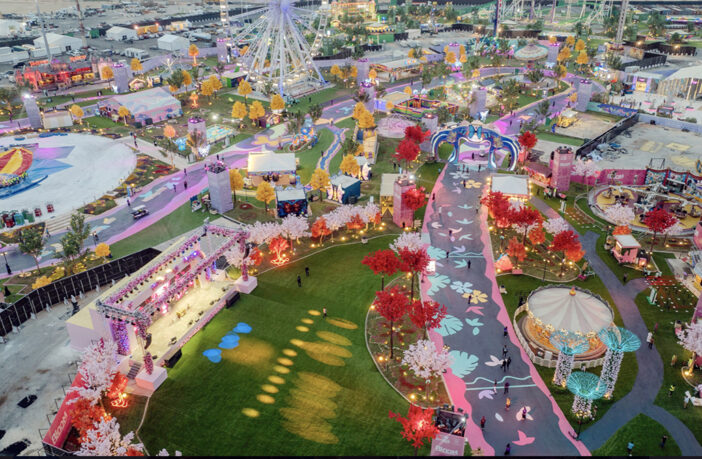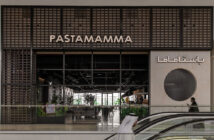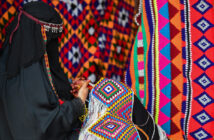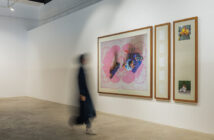From Kashtah to concerts, the Kingdom of Saudi Arabia has undergone a major transformation in the entertainment sector in recent years. Let’s explore this landmark journey together.
Just last evening I was at a Japanese fine dining restaurant in the heart of Riyadh which had a DJ spinning upbeat Japanese pop tunes and female performers dancing in black conical Samurai hats at intervals – a rather unexpected yet amusing accompaniment to my tempura and maki rolls.
This scene would have been unimaginable a few years ago. So, what was entertainment like back in the days?
For decades, popular sources of entertainment in the Kingdom have been deeply rooted in the desert’s way of life. Traditional pursuits like falconry, the thrill of horse and camel racing, the tranquility of desert camping, and the awe-inspiring experience of stargazing have remained enduring sources of enjoyment for locals. In fact, camel racing was not only a form of entertainment but also a traditional sport. The races were accompanied by festivities and attracted large crowds from across the country. I had a chance to witness the much talked about camel beauty pageant last December at the King Abdul-Aziz Camel Festival which sure was a unique experience.
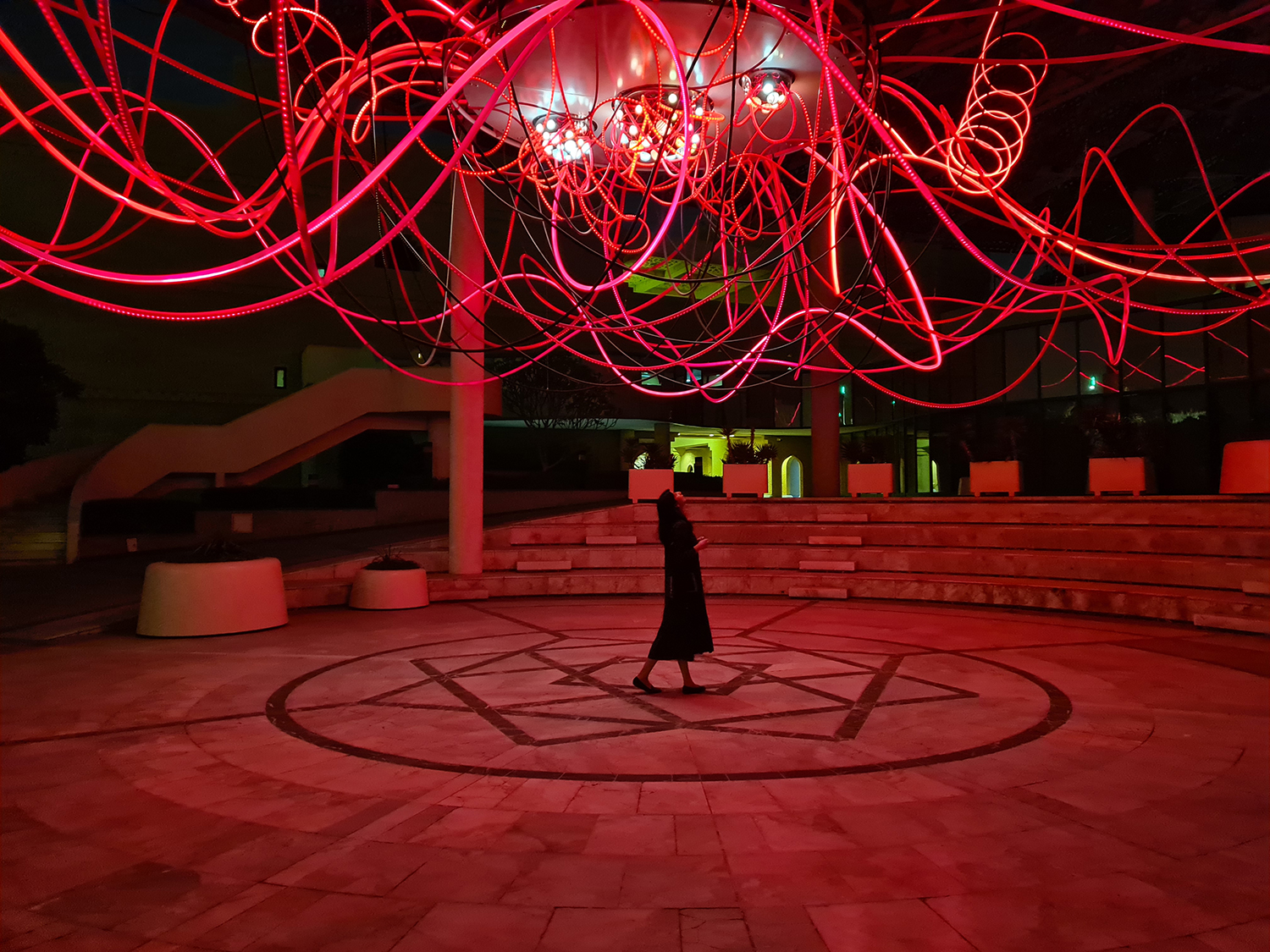
When I curiously asked some of my Saudi friends about their fondest memories growing up across the Kingdom, many of them mentioned ‘Kashtah’ – a family picnic in the desert. “We used to go a day earlier to scout the best location in the desert for our family to drive to the next day – a space away from the city lights and animals and close to a water source. It used to be the most awaited overnight gathering of the year when the weather was not too cold or too hot.” These days it’s common for Saudi families even during weekdays to pitch a mini tent right next to their cars off the roads, hang cute fairy lights and bring out their coffee and tea pots to have a little chill time.
Most Saudi homes would also have a Majlis – a seating space adorned with cushions featuring colorful patterns typically used to entertain male guests in the past. I was fortunate to experience this at a Saudi home during the holy month of Ramadan as the host treated us to fresh coffee and sugary dates for Iftar – a quintessential Saudi experience.
When it came to home entertainment, locals looked forward to watching the television with their families and Tash-Ma-Tash (a Saudi equivalent to the American sitcom F.R.I.E.N.D.S) was an all-time favourite during Ramadan. Additionally, Kuwaiti and Egyptian series were also popular. Today, if you tune into Netflix, you’ll find many TV series and movies depicting Saudi lifestyle and culture. I’ve personally enjoyed watching Takki, Alkhallat, Wadjda and Whispers.
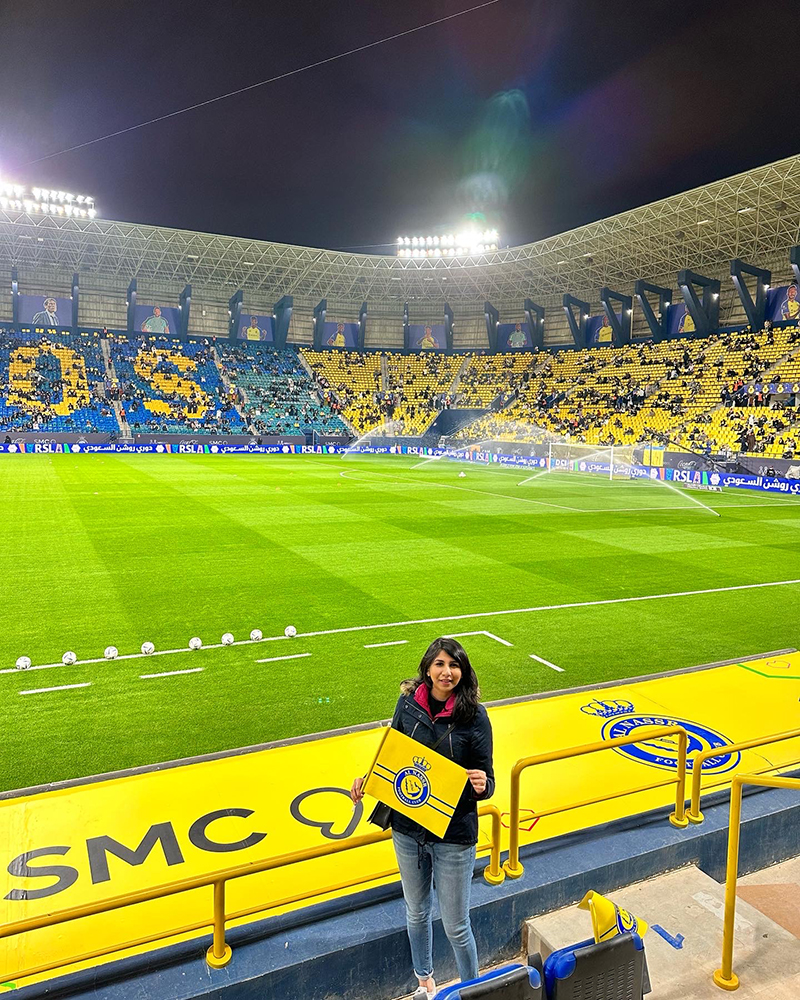
Board and card games like Balot, Tarneeb, Backgammon and Kyram (carom) were a family favourite pastime especially during summer holidays. Socializing with family and friends has been an integral part of Saudi culture. Gatherings often involved storytelling, poetry recitation, and music, creating a sense of community and entertainment within the confines of family and social circles.
A shift in these platforms of social entertainment was observed with the onset of malls and restaurants as many would prefer to play host outside their homes where gender segregation norms applied up until a few years ago. Alongside malls, another transformation began with the re-opening of cinemas in 2018, which marked a pivotal moment and offered a window into global culture, bringing in a new era of accessible entertainment.
Fast forwarding to present day, Saudi Vision 2030 envisages and supports the expansion of the entertainment market to USD 8 billion. Cinemas, amusement parks, music concerts, e-sports and gaming, sports events, heritage, art and cultural events are just some examples of the Kingdom’s fast-growing appetite for entertainment.
A few of my favourites from the past have been the Cirque Du Soleil (Messi 10) at Riyadh Boulevard City, the region’s biggest EDM concert MDL Beast, European Night of Short Movies at the Goethe Institute, Polish Folk dances and Indian Manganiyaar Celebration at Diplomatic Quarter’s Cultural Palace hosted by the Saudi Ministry of Culture and of course a Stand-Up Comedy show which was probably the only time I wished I’d studied some more Saudi Arabic!
Thinking back to this evolution in the entertainment sector, it was not only aimed to enhance the quality of life for Saudi citizens and expats alike but also to attract tourists, diversify the economy, and promote a more open and inclusive society. It is indeed a remarkable journey that showcases the Kingdom’s commitment to embracing the modern world while preserving its rich cultural heritage.
Some of the upcoming events I’m most looking forward to are the Riyadh Season (@riyadhseason) and Riyadh BLVD World in particular, Noor Riyadh Light Art festival (@noorriyadhfestival) and International Biennale of Contemporary Art (Bienalsur) (@biennale_sa).
Stay tuned on @sojourn_in_saudi and @dqliving Instagram pages for updates and details.
Palavi Kele is a curious traveler and blogger. She is a certified Cross-cultural Consultant and helps expat families and multicultural teams thrive in the Kingdom. Having traveled to, lived and worked in 30+ countries, she documents her Saudi adventures on her Instagram page sojourn_in_saudi.

